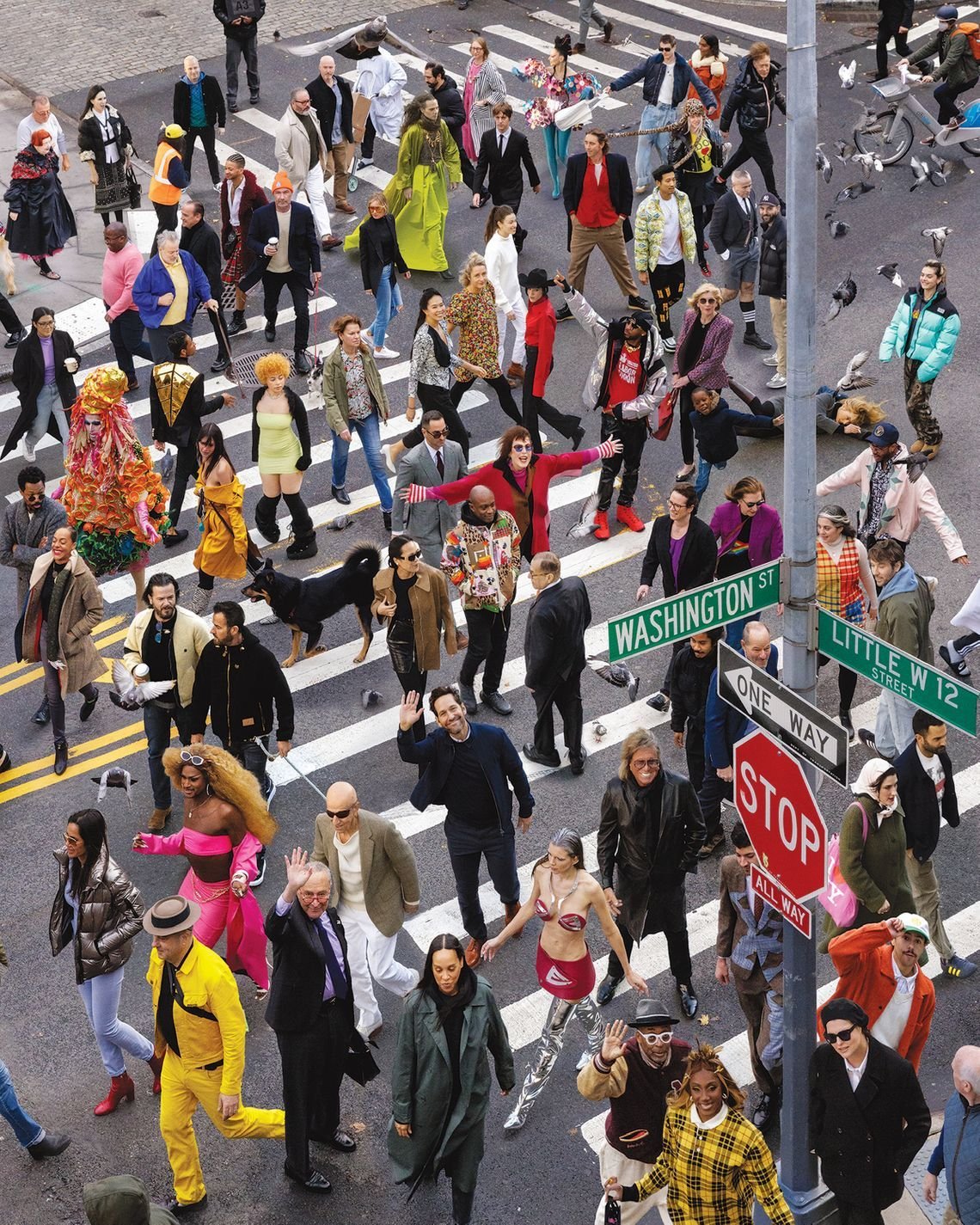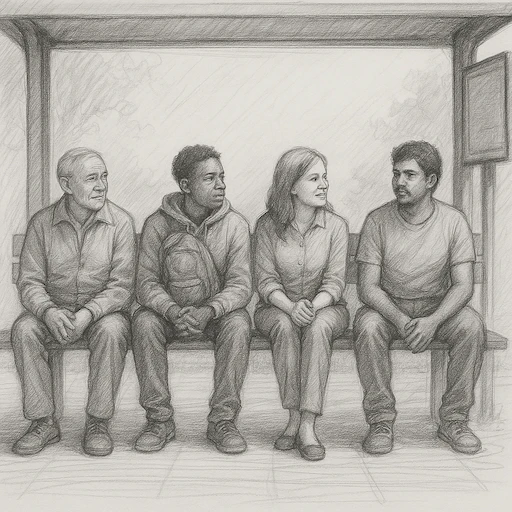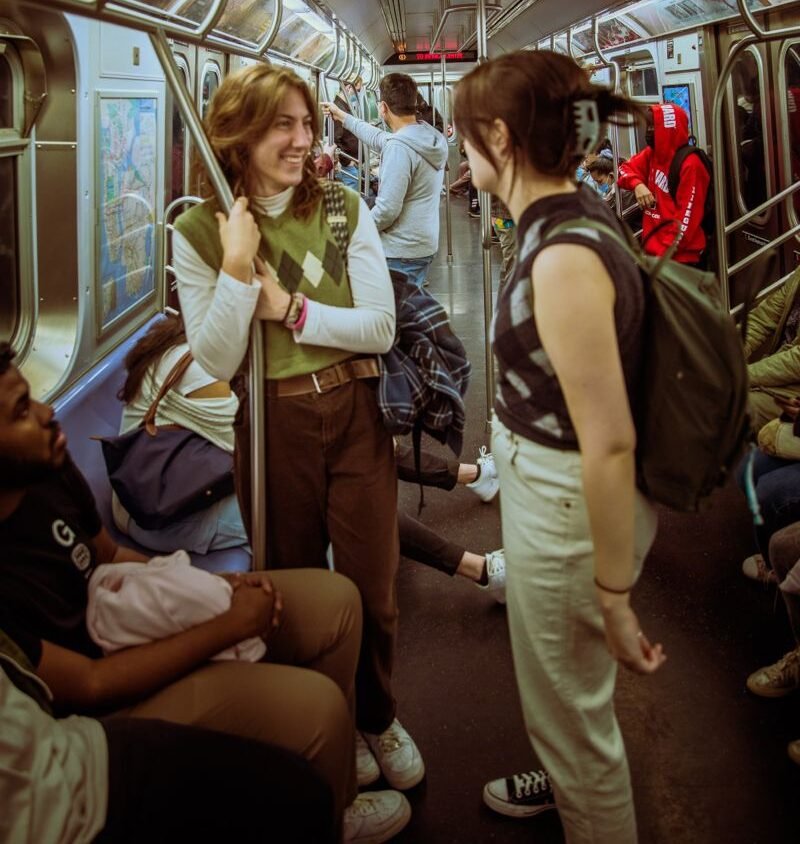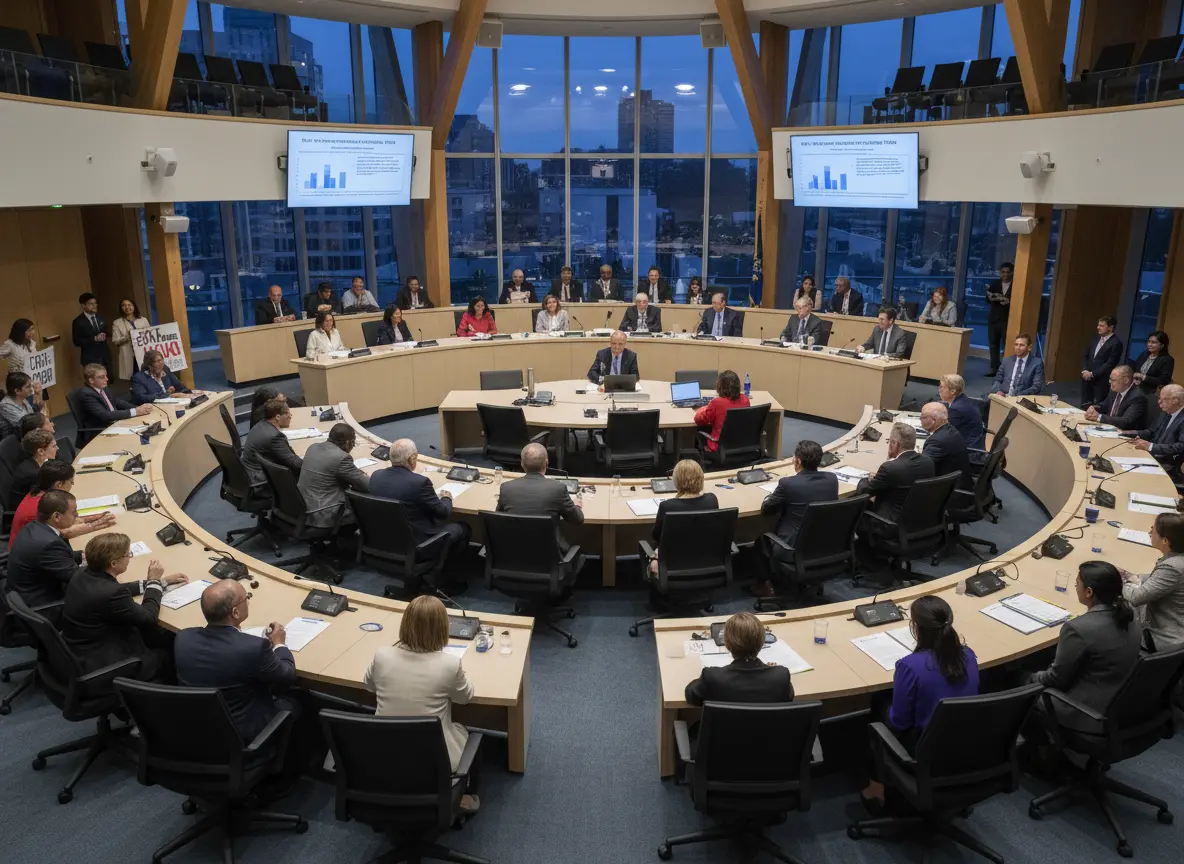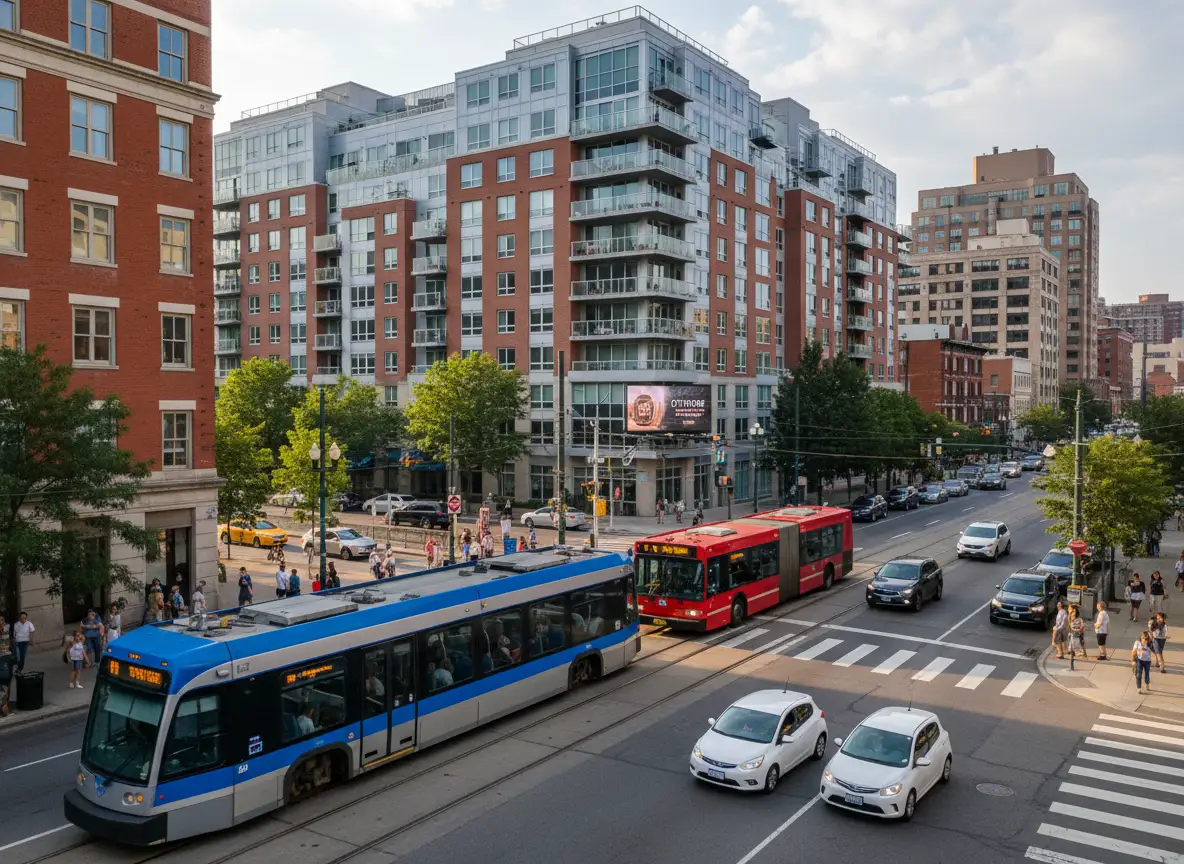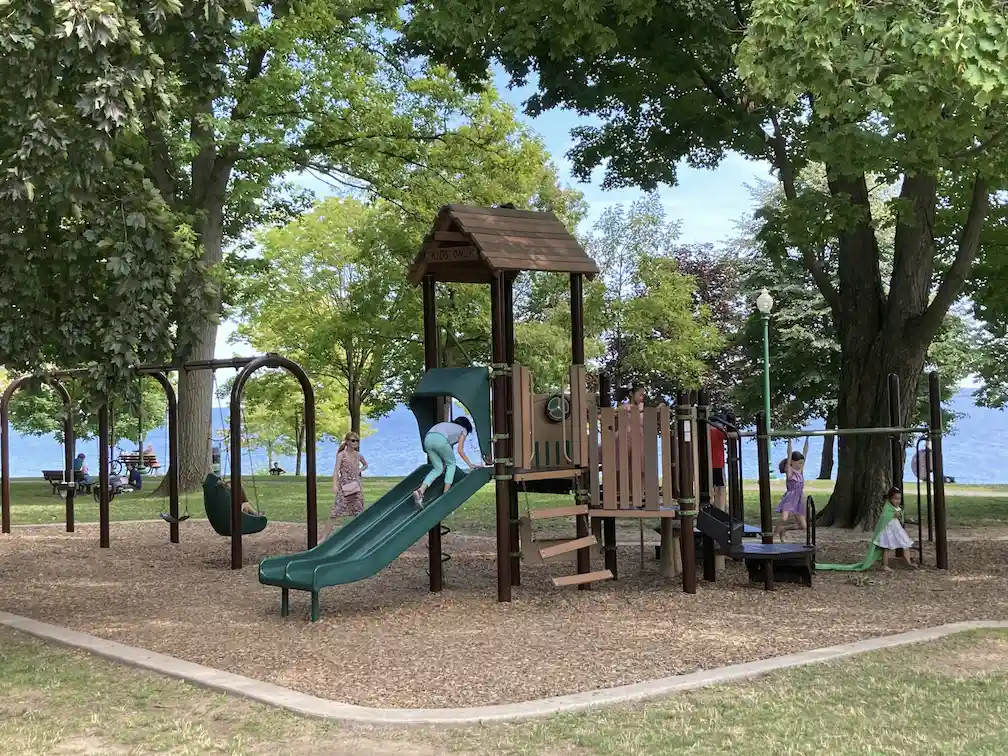Wrong problem, bad delivery, or both?
Nowhere is the gap between intention and reality more evident than in the relationship between government and citizens. The Meta-Problem Method can help shrink that gap.
Someone you know has likely suffered the consequences of this misalignment, when a policy intended to make life better for a group of citizens ends up failing or worse, damaging their lives even more.
Sometimes that’s because the government picked the wrong problem to solve, other times the delivery machinery thwarts or distorts the outcome.


